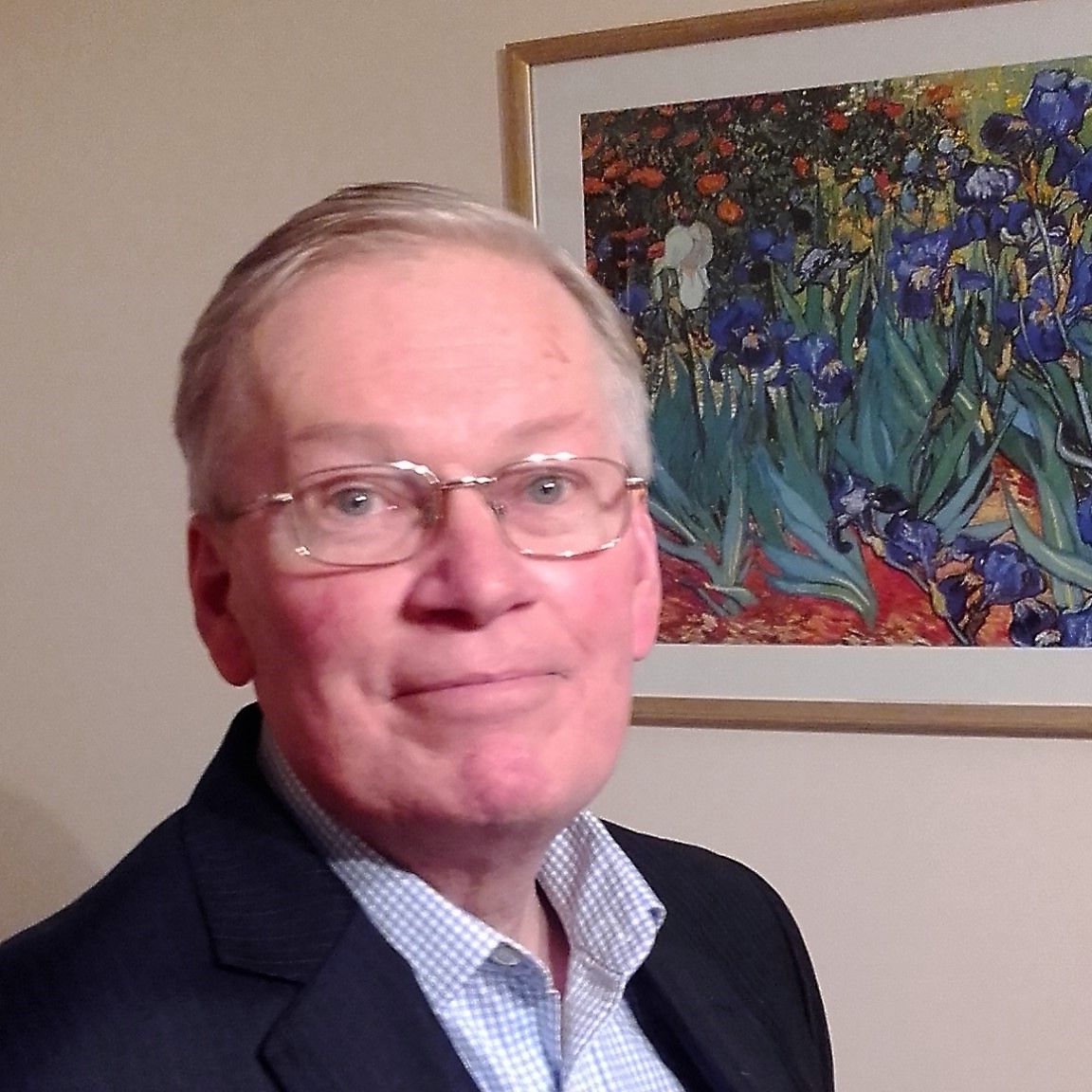
Nili Gilbert – can capitalism save us from global warming?
The amount of money it will take to transition the world away from fossil fuels is truly staggering.
In this TED Talk from October 2021, Nili Gilbert says it will cost between US$3 trillion to US$5 trillion every year up to 2050 to achieve net-zero. That respectively is the GDP of Germany and Japan.
Nili has spent the past 20 years working for a US fund. But where most fund managers are content that their portfolios are ESG (environmental, social, governance) compliant, Nili goes way further.
That means investing in the dirty industries that cause most of the pollution. Industries like cement, which accounts for about 8% of global greenhouse gases.
Nili tells the story of one cement company in one of her portfolios. While it’s the highest carbon emitter in the portfolio, that same company has committed to build a net-zero facility by 2030, and to be completely carbon free by 2050.
In another portfolio, Nili says she’s investing in the innovation to make decarbonisation possible. Examples include cement kilns that remove carbon at the most intensive point of production or another technology which lowers costs by injecting captured carbon into cement production.
The assurance of long-term support by Nili’s funds means these companies are comfortable to invest in pollution-reducing research. It also means that as significant shareholders, Nili’s funds have an important say in how capital is allocated.
Nili says it’s easy to find first-rate decarbonisation investment opportunities because the climate revolution will easily eclipse in scale the industrial and information revolutions.
What is necessary is worldwide urgent action. The planet simply can’t wait for other fund managers to complete their projections and evaluations and recommendations.
In a situation where emissions anywhere mean emissions everywhere – and where two-thirds of the global investment needed to reach net-zero must be made outside of North America and Europe – Nili warns that investors must look beyond their home markets.
The other advantage of climate investments in developing countries is that it closely aligns with poverty reduction and improved local environments. All 17 of the UN’s Sustainable Development Goals are inseparable from climate goals and offer the chance to address health, biodiversity and global connectedness issues.
There’s no doubt that Nili is a passionate advocate for the positive impact that funds like hers can have over climate and social issues. But surely the biggest question for us to consider is whether capitalism is fit for purpose to fix global warming. After all, didn’t it have a principal role in creating the problem?
Nili says she still believes that capital markets can adapt and provide for the just climate transition we all desperately need. Let’s hope she’s right.
In this TED Talk from October 2021, Nili Gilbert says it will cost between US$3 trillion to US$5 trillion every year up to 2050 to achieve net-zero. That respectively is the GDP of Germany and Japan.
Nili has spent the past 20 years working for a US fund. But where most fund managers are content that their portfolios are ESG (environmental, social, governance) compliant, Nili goes way further.
That means investing in the dirty industries that cause most of the pollution. Industries like cement, which accounts for about 8% of global greenhouse gases.
Nili tells the story of one cement company in one of her portfolios. While it’s the highest carbon emitter in the portfolio, that same company has committed to build a net-zero facility by 2030, and to be completely carbon free by 2050.
In another portfolio, Nili says she’s investing in the innovation to make decarbonisation possible. Examples include cement kilns that remove carbon at the most intensive point of production or another technology which lowers costs by injecting captured carbon into cement production.
The assurance of long-term support by Nili’s funds means these companies are comfortable to invest in pollution-reducing research. It also means that as significant shareholders, Nili’s funds have an important say in how capital is allocated.
Nili says it’s easy to find first-rate decarbonisation investment opportunities because the climate revolution will easily eclipse in scale the industrial and information revolutions.
What is necessary is worldwide urgent action. The planet simply can’t wait for other fund managers to complete their projections and evaluations and recommendations.
In a situation where emissions anywhere mean emissions everywhere – and where two-thirds of the global investment needed to reach net-zero must be made outside of North America and Europe – Nili warns that investors must look beyond their home markets.
The other advantage of climate investments in developing countries is that it closely aligns with poverty reduction and improved local environments. All 17 of the UN’s Sustainable Development Goals are inseparable from climate goals and offer the chance to address health, biodiversity and global connectedness issues.
There’s no doubt that Nili is a passionate advocate for the positive impact that funds like hers can have over climate and social issues. But surely the biggest question for us to consider is whether capitalism is fit for purpose to fix global warming. After all, didn’t it have a principal role in creating the problem?
Nili says she still believes that capital markets can adapt and provide for the just climate transition we all desperately need. Let’s hope she’s right.
About Us
We are an online organisation based in Melbourne, Australia. We are committed
to creating and continuously providing compelling well being
content for people aged over 50.
Featured links
Get in touch
-
GPO BOX 2705
MELBOURNE Vic 3001
Australia -
ian@switchedonglobal.net
Copyright © 2022
